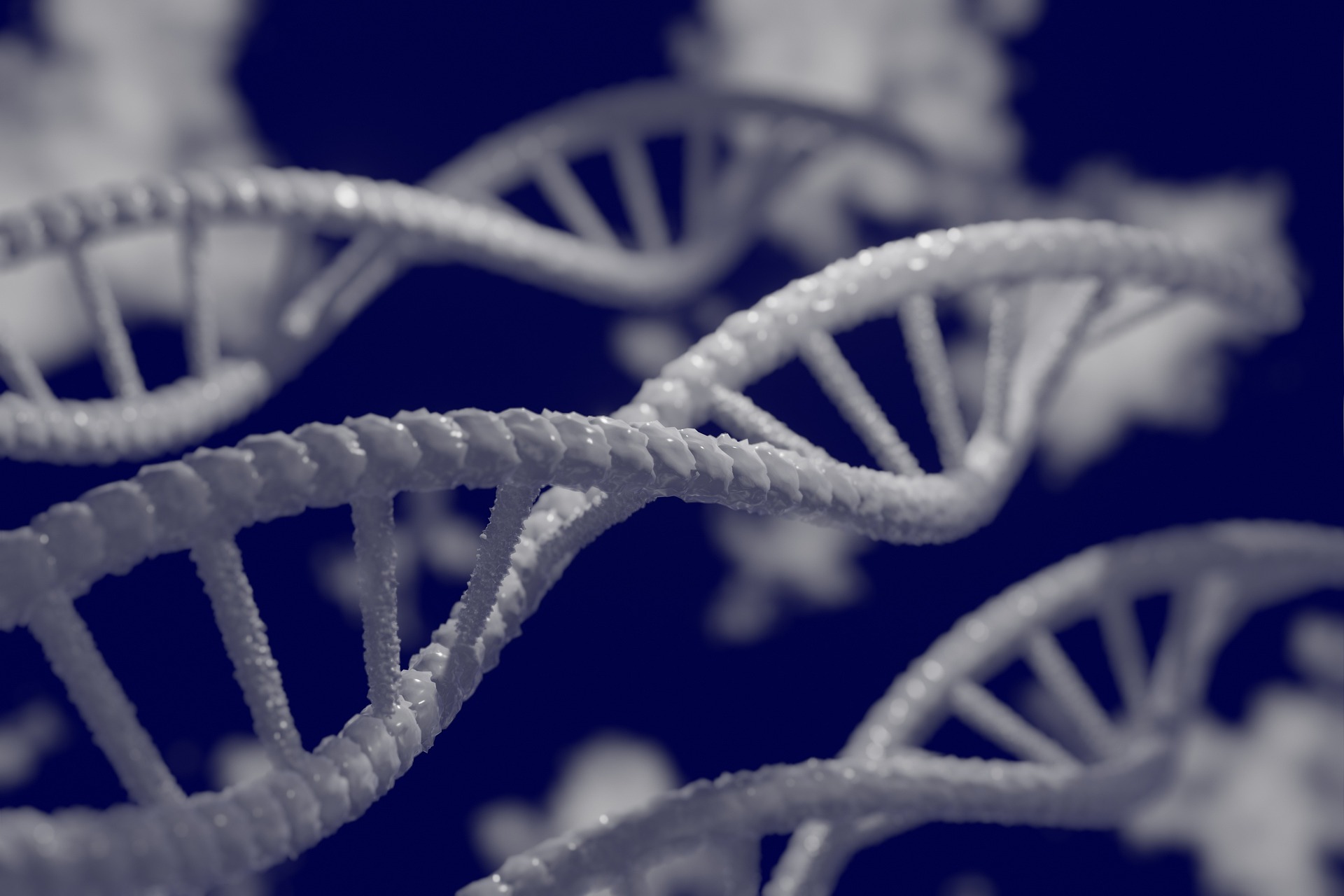Biohacking Longevity: The Science of Epigenetic Clocks
What if you could measure your biological age and take steps to reverse it? Enter the fascinating world of epigenetic clocks - cutting-edge tools revolutionizing how we understand aging and longevity. This groundbreaking science is opening new doors for personalized health optimization and life extension. But what exactly are epigenetic clocks, and how can they help us live longer, healthier lives?

As we age, predictable patterns of methylation occur across our genome. By analyzing these patterns, scientists can accurately estimate a person’s biological age. The first epigenetic clock was developed in 2013 by biostatistician Steve Horvath. Since then, researchers have created increasingly precise clocks that can predict age-related health risks and even lifespan.
The Promise of Personalized Aging Assessment
One of the most exciting aspects of epigenetic clocks is their potential for personalized health assessment and intervention. By comparing your biological age to your chronological age, these tools can reveal whether you’re aging faster or slower than average. This information allows individuals and healthcare providers to take proactive steps to slow down or potentially reverse the aging process.
For example, someone with a biological age significantly higher than their chronological age might be motivated to make more aggressive lifestyle changes or explore targeted interventions to improve their cellular health. Conversely, those aging more slowly can gain insights into what they’re doing right and double down on beneficial habits.
Beyond Age Prediction: Health Insights and Disease Risk
Epigenetic clocks offer more than just a number - they provide a window into overall health and disease risk. Research has shown that accelerated epigenetic aging is associated with increased risk of age-related diseases like cardiovascular disease, cancer, and neurodegenerative disorders. By identifying epigenetic age acceleration early, preventive measures can be taken to reduce disease risk and extend healthspan.
Some epigenetic clocks are even designed to predict specific health outcomes. For instance, the GrimAge clock, developed in 2019, is particularly adept at predicting mortality risk and age-related diseases. As this technology advances, we may see highly specialized clocks for various health conditions, enabling unprecedented precision in preventive medicine.
Lifestyle Factors and Epigenetic Age
One of the most empowering aspects of epigenetic research is the discovery that our biological age is not set in stone. Lifestyle factors can significantly influence our epigenetic age, for better or worse. Studies have shown that diet, exercise, sleep, stress management, and environmental exposures all play a role in shaping our epigenome.
This malleability opens up exciting possibilities for interventions aimed at slowing or reversing epigenetic aging. Early research suggests that practices like regular exercise, a nutrient-dense diet rich in plant foods, stress reduction techniques, and adequate sleep can positively impact epigenetic age. On the flip side, factors like chronic stress, poor diet, lack of physical activity, and exposure to toxins may accelerate epigenetic aging.
The Future of Longevity Science
As epigenetic clock technology continues to advance, we’re likely to see its integration into mainstream healthcare and wellness practices. Imagine regular epigenetic age assessments as part of your annual check-up, with personalized recommendations for optimizing your biological age. This could revolutionize preventive medicine and empower individuals to take control of their aging process like never before.
Beyond individual health applications, epigenetic clocks are proving invaluable in longevity research. They provide a powerful tool for quickly assessing the effectiveness of anti-aging interventions, potentially accelerating the development of therapies to extend healthspan and lifespan. From testing the impact of supplements and drugs to evaluating the long-term effects of lifestyle interventions, these clocks are helping scientists unlock the secrets of healthy aging.
Optimizing Your Epigenetic Age: Practical Strategies
• Prioritize nutrient-dense, whole foods and consider time-restricted eating patterns
• Engage in regular physical activity, including both aerobic exercise and strength training
• Cultivate stress-reduction practices like meditation, yoga, or deep breathing exercises
• Ensure 7-9 hours of quality sleep each night in a cool, dark environment
• Minimize exposure to environmental toxins and prioritize a clean living environment
• Foster strong social connections and engage in purposeful activities
• Consider targeted supplements like NAD+ precursors or resveratrol, under medical supervision
• Stay mentally active with continuous learning and cognitive challenges
As we continue to unravel the complexities of aging, epigenetic clocks stand out as powerful tools for understanding and optimizing our biological age. By harnessing this technology and implementing science-backed lifestyle strategies, we have an unprecedented opportunity to extend our healthspan and potentially our lifespan. The future of longevity science is bright, and epigenetic clocks are lighting the way toward a longer, healthier life for all.






